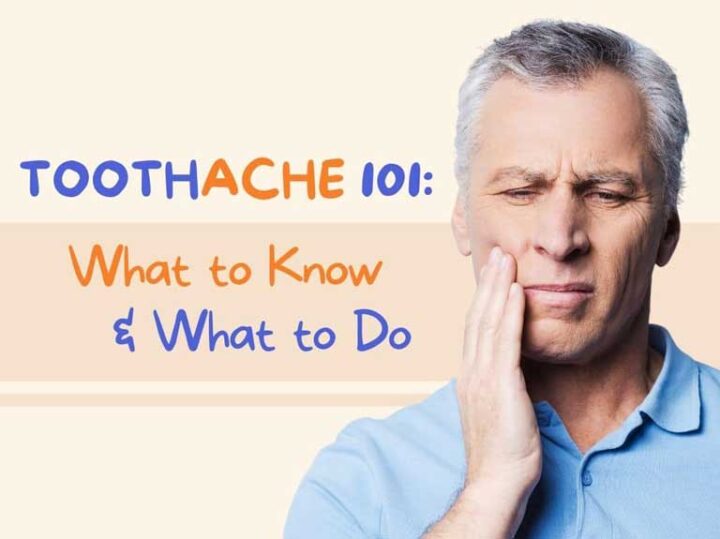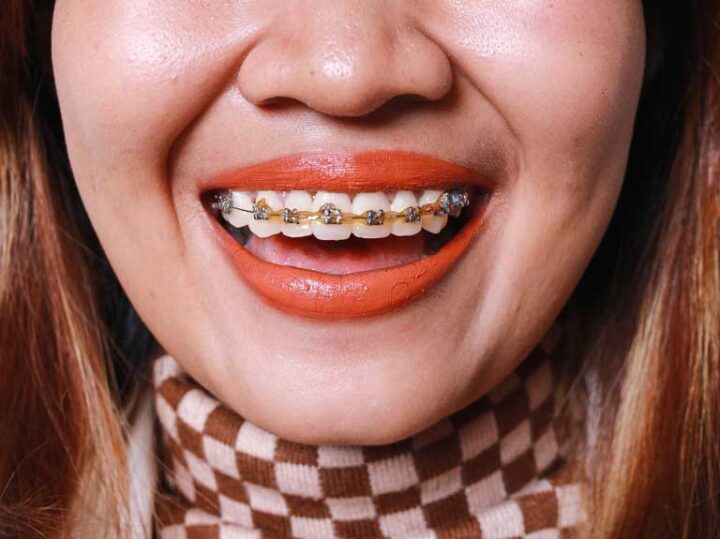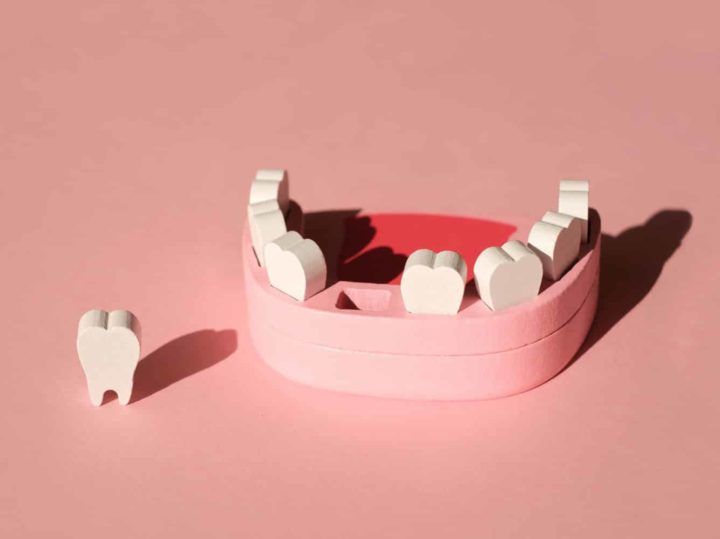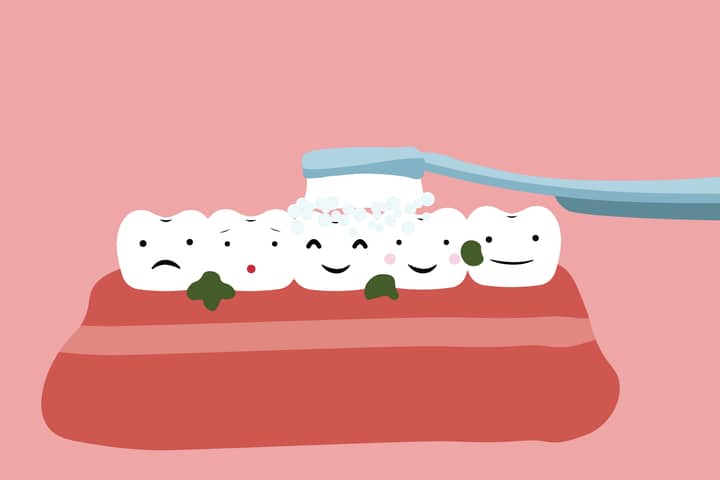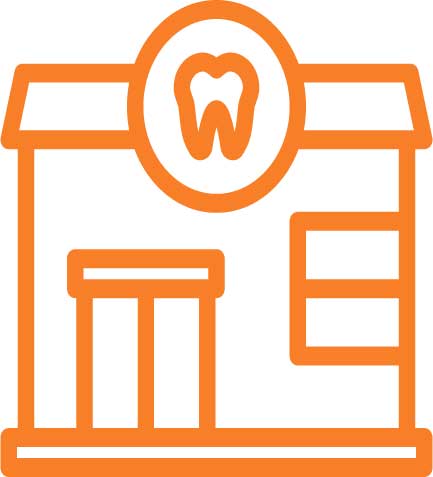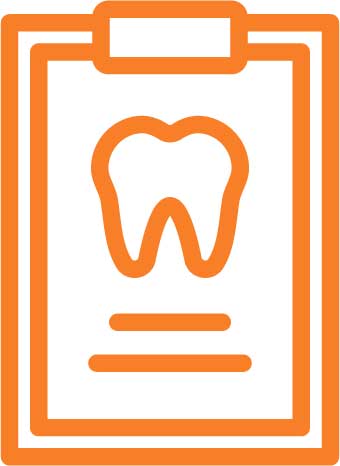What is fluoride?
Fluoride is a mineral found naturally in water, soil, and air. Almost all water contains some fluoride, but levels of fluoride can vary depending on where your water comes from. Singapore adds fluoride to the water, with the fluoridation level currently at 0.6mg per litre of water. That is well within the level of 1.5mg per litre prescribed by the World Health Organisation (WHO).
The majority of bottled waters on the market do not contain optimal levels of fluoride, and some types of home water treatment systems can reduce the fluoride content in the water supplied.
Why is fluoride necessary?
Fluoride is added to the water supply and toothpaste because it can help to:
- prevent cavities
- strengthen weakened tooth enamel
- reverse early tooth decay
- limit the growth of oral bacteria
- slow the loss of minerals from tooth enamel
Because fluoride becomes incorporated into the forming tooth structures, it is particularly beneficial to children. This is especially good to know as a parent because children’s teeth are particularly susceptible to decay because the enamel of their teeth is softer and thinner than the enamel of adult teeth.
Is fluoride toothpaste safe for babies and toddlers?
Good oral health is important from the start. Before a baby’s teeth come in, you can help to remove bacteria by wiping their mouth with a soft cloth. As soon as their teeth start to come in, it is recommended to switch to a toothbrush and fluoride toothpaste. Babies only need a very small smear of toothpaste — no more than the size of a grain of rice.
To minimize the risk of swallowing, try angling your baby’s head slightly downward so that any extra toothpaste dribbles out their mouth. It is important to note that effective prevention of dental decay requires a proper mix of both topical (from your dentist) and ingested (from tap water) fluoride.
Is fluoride toothpaste safe for younger children?
Children develop the ability to spit at around the age of 3. This means you can increase the amount of fluoride toothpaste that you put on their toothbrush.
A pea-size amount of fluoride toothpaste is best for children ages 3 to 6. At this age, brushing should always be a team effort. Never let your child apply toothpaste themselves or brush without supervision.
If your child regularly swallows larger amounts of toothpaste, the excessive fluoride can damage tooth enamel and cause dental fluorosis, which causes white stains on the teeth. Their risk of damage depends on the amount of fluoride they ingest and how often. Supervising children while they brush and keeping toothpaste out of reach can help to avoid this.
What is fluoride treatment?
Chairside fluoride treatment is a varnish applied to teeth by your dentist or oral health therapist. The varnish has more fluoride than fluoridated water or toothpaste. Toothpaste delivers about 1,000 parts per million of fluoride. Mouth rinses provide about 250 parts per million. Fluoride treatments provide fluoride at levels ranging from 9,000 parts per million to 20,000 parts per million. It only takes a few minutes to apply to the top and sides of each tooth. It hardens once it comes into contact with saliva, but even so, no food or drink for at least 30 minutes afterwards.
What are the benefits of fluoride treatment in adults?
- Helps desensitize teeth
- Lowers risk of decay in the most susceptible spots such as the edges of fillings or crowns and exposed root surfaces from receding gums
- Helps prevent decay in patients with decreased saliva flow leading to dry mouth
Are there alternatives to fluoride?
An alternative to fluoride is Tooth Mousse, which while not a fluoride does have similar oral health benefits. Tooth Mousse is a topical agent which contains the protein casein-phosphopeptide amorphous calcium phosphate (CPP-ACP). This protein provides teeth with protection from decay by binding onto the tooth and gum surfaces thus increasing the bio-availability of calcium phosphate, and neutralizing acidic saliva. CPP-ACP is a recognised food additive and is safe to use, but not for those who have allerigies to milk proteins. Tooth Mousse is only available from your dentist; it is sugar and fluoride free and is available in a variety of yummy flavours.
If concerned about fluoride you should seek advice from your dentist about your own and your children’s specific fluoride needs. And educating your child early about how good dietary habits are linked to good oral health is a positive step towards developing a long term healthy approach to dental hygiene.


